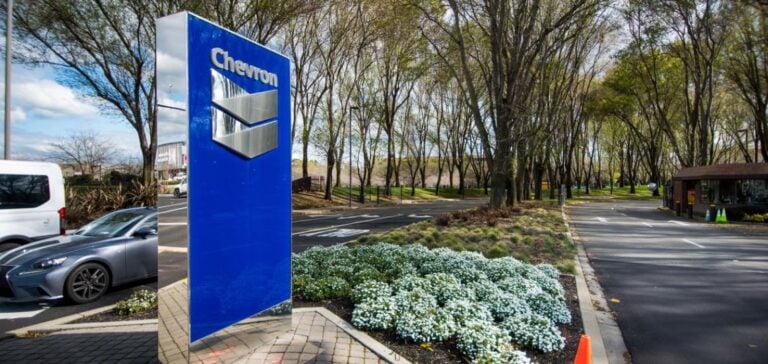Algeria has taken a strategic step by signing an agreement with Chevron North Africa Ventures Ltd, a subsidiary of the American energy giant Chevron. This partnership, endorsed by the Ministry of Energy and the National Agency for the Valorization of Hydrocarbon Resources (Alnaft), aims to explore offshore hydrocarbon potential in the country’s Mediterranean waters.
Over a 24-month period, Chevron and Alnaft will conduct an in-depth assessment of potential oil and gas resources. The project includes advanced geological analyses and cutting-edge technologies to evaluate the feasibility of future extraction projects. According to Mourad Beldjehem, president of Alnaft, “this agreement will enhance Algeria’s competitiveness in the international energy market.”
An Opportunity for Chevron and Algeria
Chevron, operating in more than 180 countries, views this collaboration as an opportunity to diversify its exploration portfolio in North Africa. Algeria’s proximity to Europe and its extensive Mediterranean coastline make it a strategically important yet underexplored region.
For Algeria, the partnership has dual objectives: to attract foreign investment and diversify its hydrocarbon revenues, which currently account for more than 90% of its foreign currency earnings. This alliance with Chevron also represents a move to broaden partnerships beyond Europe, strengthening Algeria’s geopolitical energy strategy.
Promising Offshore Potential
Despite its 1,600 kilometers of coastline, Algeria has yet to capitalize on its offshore potential. Previous initiatives, such as agreements with Total and ENI in 2018, laid the groundwork for exploration but did not lead to concrete exploitation projects.
This new collaboration with Chevron, known for its technical expertise, could mark a turning point. Algeria’s Mediterranean waters remain rich in hydrocarbon reserves, but high costs and environmental challenges have so far limited development.
Challenges Ahead
Offshore exploration presents significant challenges, both technologically and financially. Operations at sea require specialized infrastructure and substantial upfront investments. Additionally, environmental concerns and international regulations for marine protection must be addressed to ensure the viability of the projects.
For Chevron, this project represents an opportunity to solidify its presence in North Africa while gaining access to strategic resources. Algeria, in turn, hopes to bolster its attractiveness to investors by showcasing its stable regulatory framework and robust energy infrastructure, such as the Medgaz pipeline, which directly links the country to Spain.





















